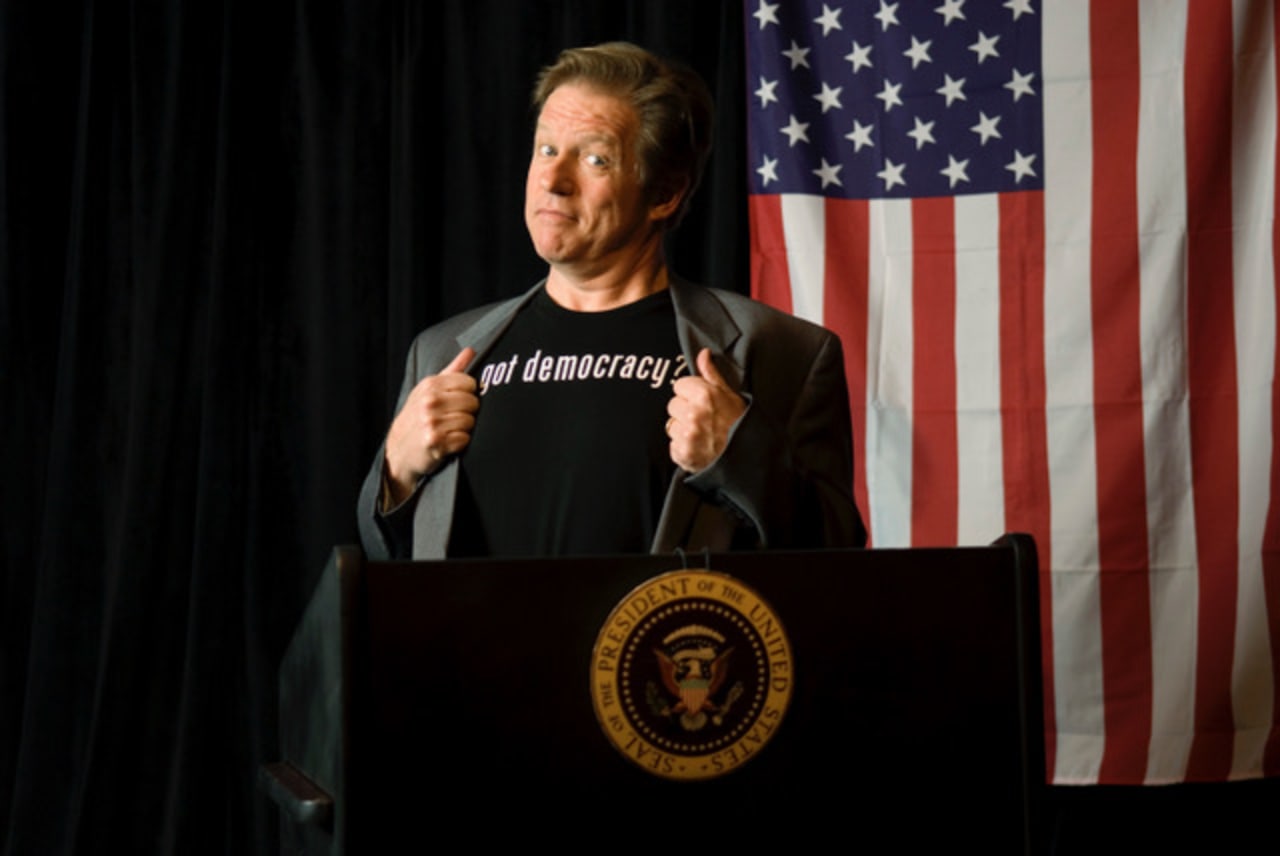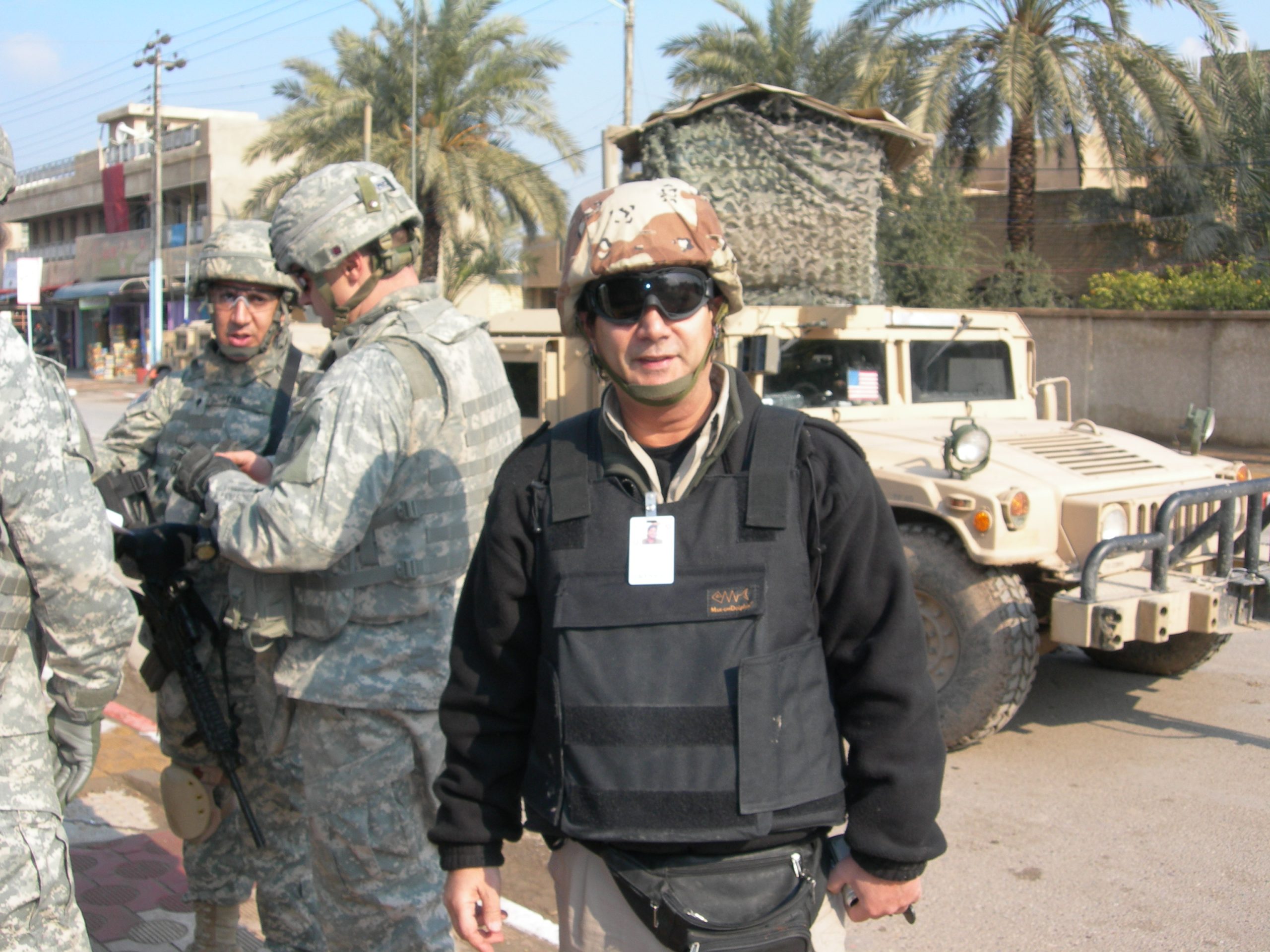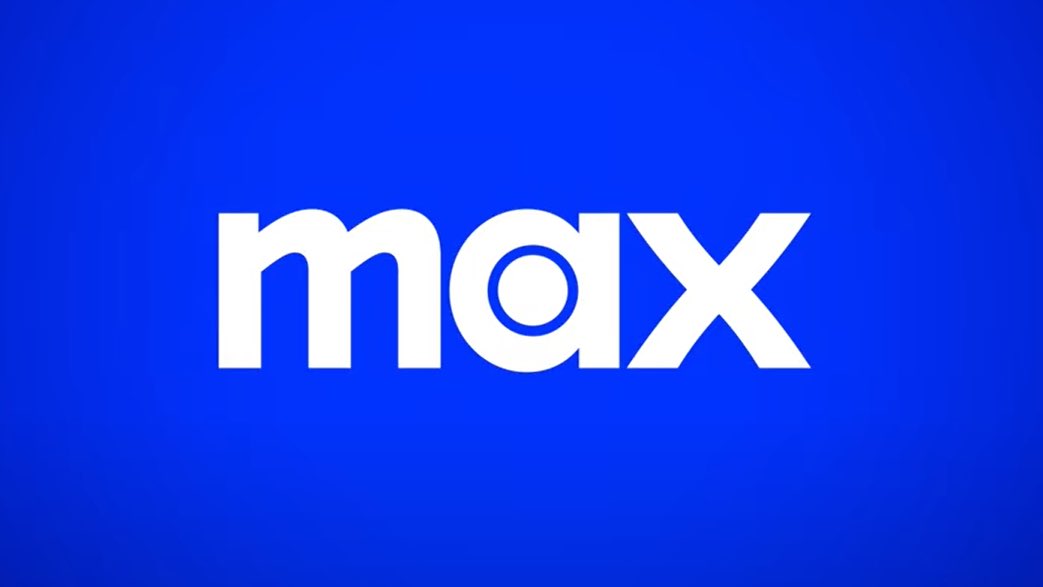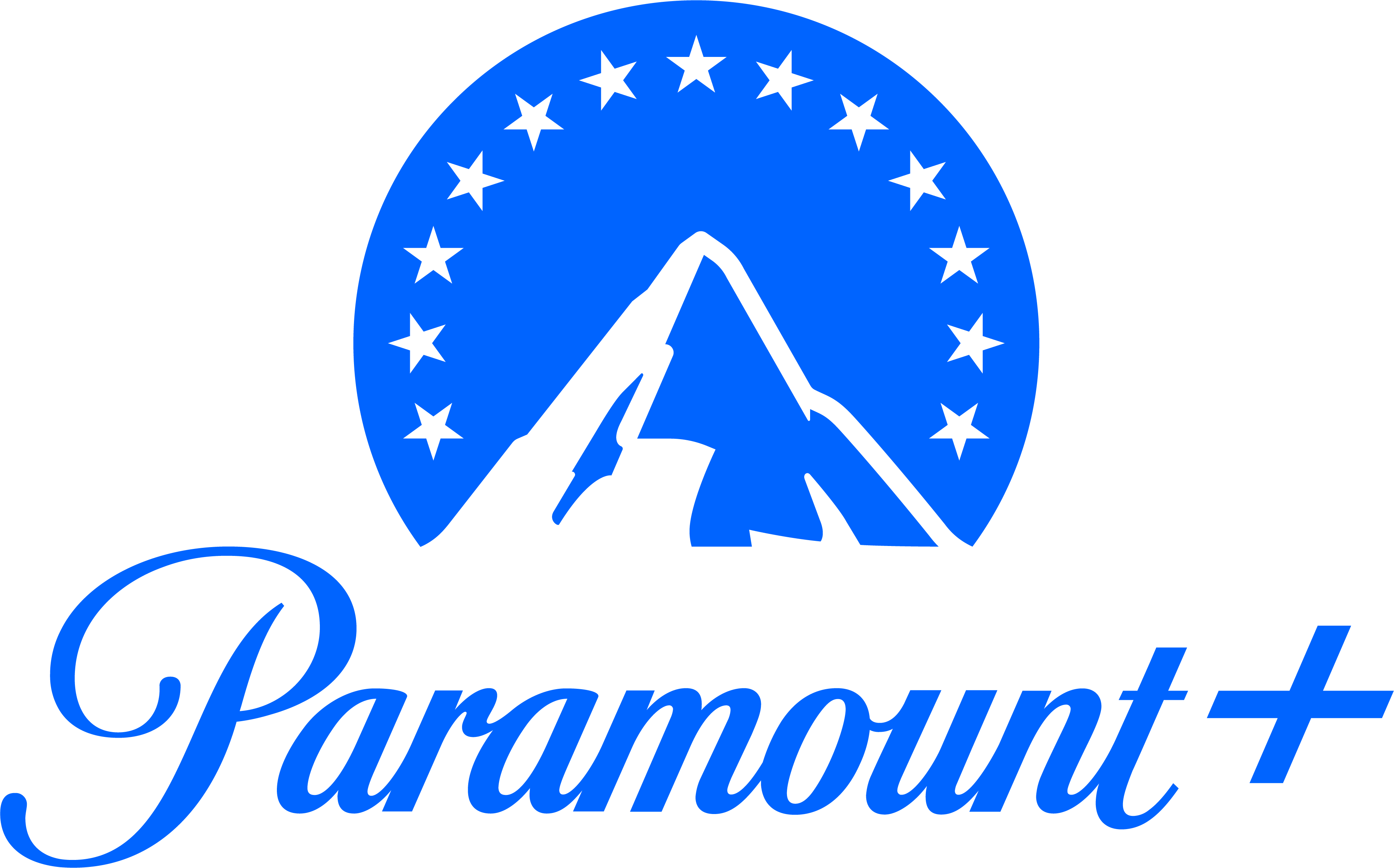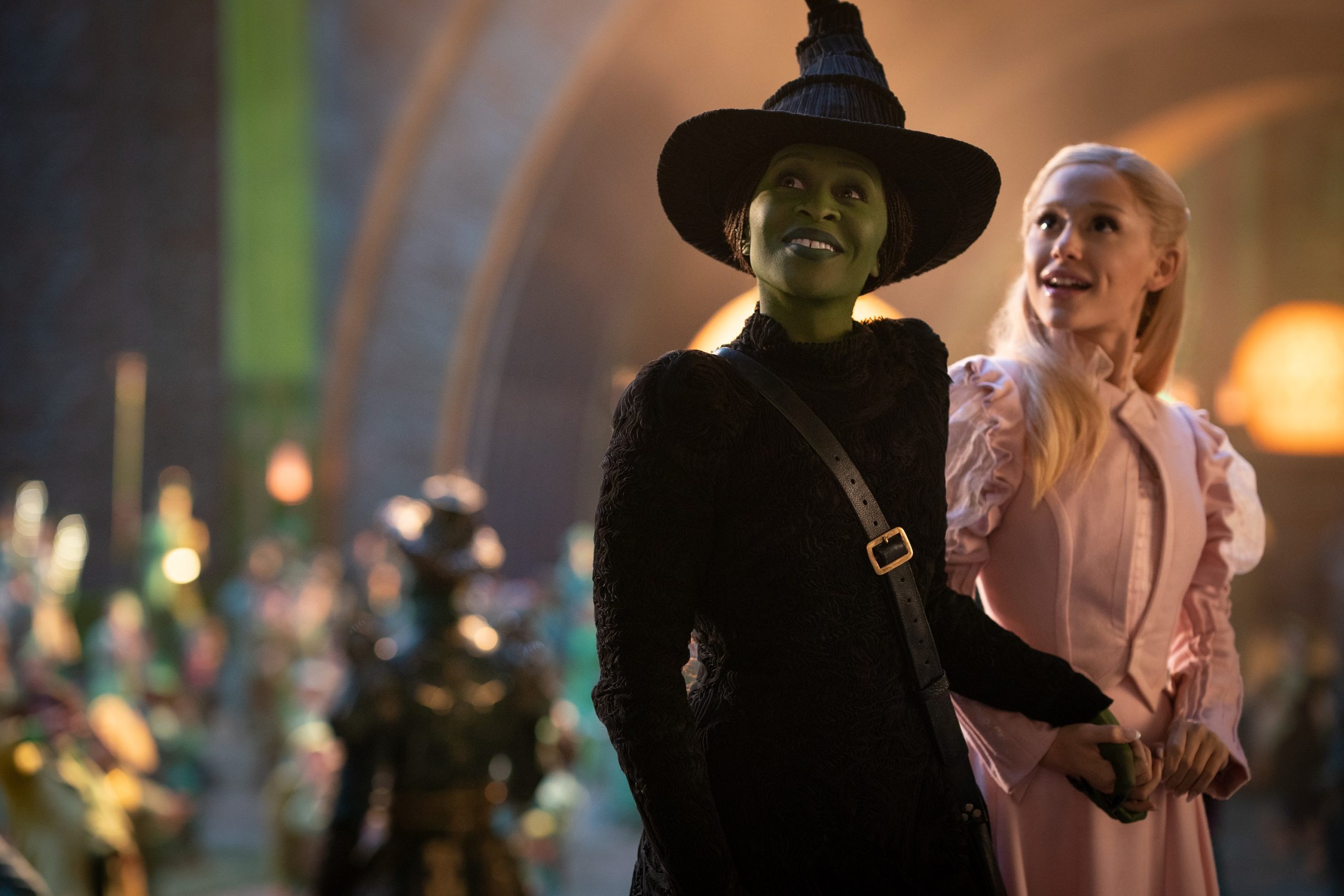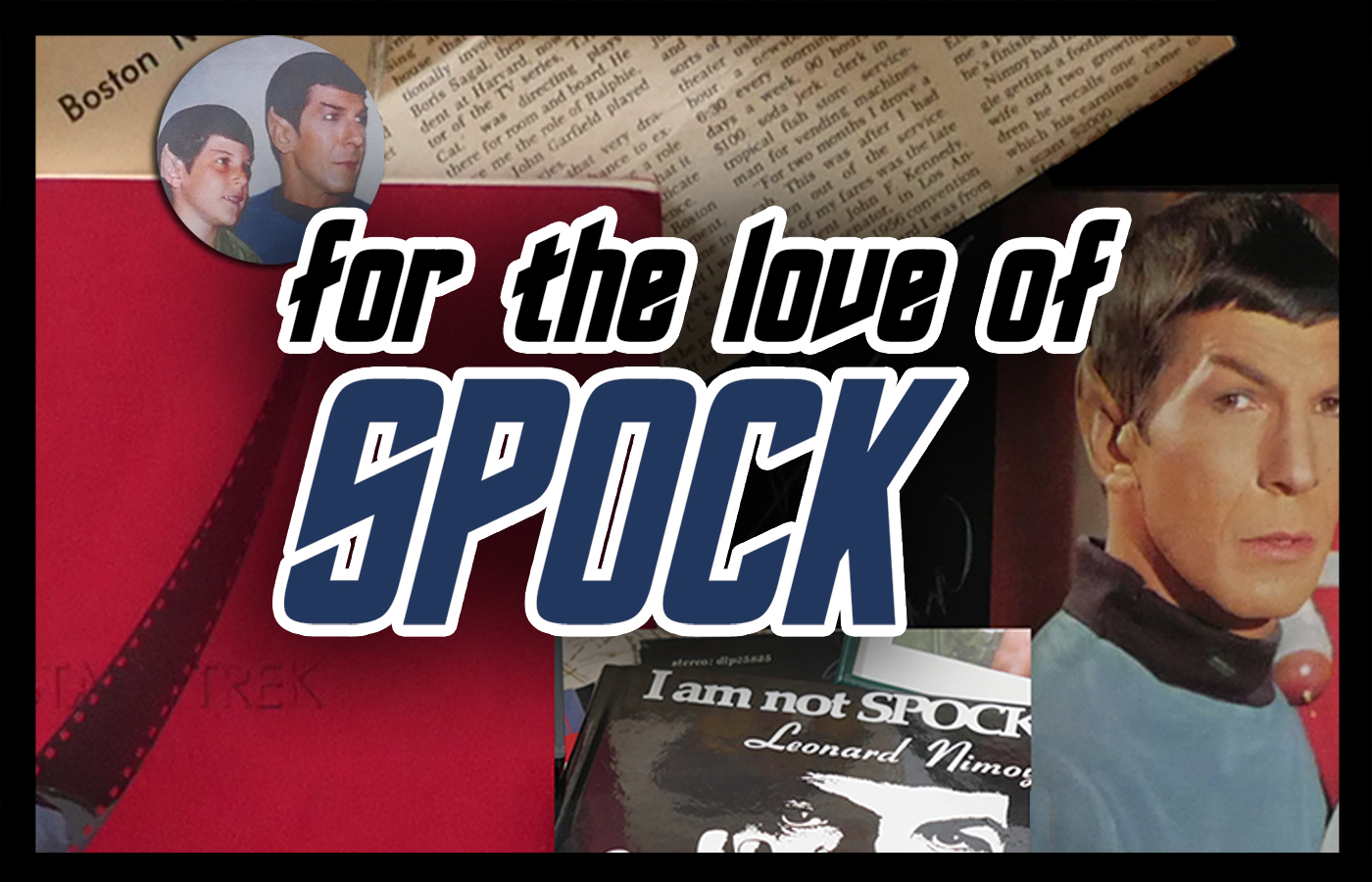
Thanks for joining Solzy at the Movies today. How are things treating you this morning?
Adam Nimoy: I am just becoming functional this morning, Danielle. How are you?
I’m doing great. You recently started a Kickstarter campaign to raise money to produce the documentary, For The Love of Spock. The campaign is just over $266,000 with 17 days to go. Spock is one of the greatest characters of all time—what is it about Spock that resonates with so many people?
Adam Nimoy: There are a lot of things about Spock that resonate with so many people. There are a couple of things in particular. This was something that my father reminded me of when we started this project. Spock was the only alien on the core enterprise crew on the bridge. As such, he was sort of seen as an outsider and one of his objectives in building that character was try to figure out a way to assimilate himself into the society and give what he had to give to the crew, to the group, for the benefit as a whole. But that outsider status always kind of stayed with him and that resonated with a lot of people who felt themselves not quite in the mainstream and on the fringe of their social groups, or at school, a lot of teenagers were dealing with identity issues identified with him. A lot of people who felt isolated and lonely would come up to my dad and tell them that he saved their lives because the character sort of inspired them to continue on and give the best they had to give.
The other thing that’s kind of interesting with Spock is that this whole thing about the dual emotion thing is half of him is human and he’s half-Vulcan. He’s always kind of struggling to control his emotions and keep logic in the forefront. A lot of people identified with that in terms of trying to not be so emotional and live their life in more serene and kind of spiritual life and not live a life that have been would run amuck by their emotions because so many people had hi’s and low’s in their lives and their trying to become something more of than menial. Spock apparently—we heard this a lot from the outpouring of fans after my dad’s death that this also was part of sort of Spock that inspired them—that he would try to be so in control of himself and not react differently
Why turn to Kickstarter? Were the studios just not interested?
Adam Nimoy: Yeah, you know—when I started the project with my dad, he put out some feelers and the response was very lukewarm, frankly. It was not what we expected because we had both wanted to create a project about Spock. Spock-centric, really, because no documentary had really been done that focused on Spock. We wanted to do it to celebrate the anniversary of the original series that’s coming up next year.
The interesting thing, Danielle, to me is that so many people know who Spock is but so few people of this generation had really seen episodes. Not that many people watched the series but many people know who Spock is. We wanted to educate more people on what Spock was all about. But we couldn’t really generate the kind of support that we were looking for so when after Dad passed and when I announced in the press that I wanted to continue the project because I thought it was important to pay tribute not only to Spock but because there was so much reaction. Not only the Spock character but to my dad. There were a lot of people that respected the artist. I felt that the film should continue but we should broaden the scope to include Leonard Nimoy, the artist that brought him life.
The only response we got at that point was Kickstarter and other social crowd-funding platforms came to us and said we’d like to be involved with you. The only ones, really, that responded. We started to way the pros and cons about working with crowd-funding and it just seemed like a win-win to us because it made sense to us that there was so much outpouring of emotion about the passing of my dad that we felt like should engage the fan community to participate with me and help me make this project. The lives of Leonard and Spock had affected so may people around the world, really, that just made sense to reach out to them and energize the community in helping me produce this film.
I think that’s a great idea. At one point did you realize that you had to share Leonard Nimoy with the rest of the world?
Adam Nimoy: (Laughs) That’s a great question, Danielle. There were two incidents that happened which kind of like—actually three things—everything comes in threes, anyway.
One of them was that my dad and I—when were going on social activities as a family, we started to run into trouble. My dad and I went to a church fair. There were rides and booths and stuff. It was a little amusement park area. The minute we got there, he was mobbed and we had to leave. We thought that there would be a couple of autographs and some people came up to him and that would be okay, we would get away with it. He didn’t get away with it—he was mobbed and we had to squeeze our way out of there.
The other thing was we went to dinner one night. We had this tradition of going out to during the holidays at a local restaurant near where we lived. We did that every year for several years and then in 1966, during the holidays, we were at that dinner and they were lined up at the table for autographs.
And then, the third thing that really made it hit home—we did a lot of press in that period, the fall-winter of 1966 into 1967. There was a magazine called 16 magazine. It was a teen magazine. I guess it was an accident. They published our home address as the mailing address for fan mail. We were inundated with this stuff. The mailman stopped coming. They sent a mail truck with bags of mail. I was trying to send away for my Spider-Man t-shirt. I waited endless for that t-shirt to arrive and boxes of mail and packages would come and it was always for Mr. Spock.
I think it was those three events that made it hit home that he was going to a part of a larger community and not just a family man anymore.
Among your dad’s co-workers, who has been the most supportive with helping to raise funds?
Adam Nimoy: Of all the co-workers, Bill Shatner, hands down. William Shatner, hands down. So supportive. Helpful in any way. He helped me put together rewards packages by signing autographs. His tweeting about the project. Bill’s been great. We’re going to interview Bill along with George Takei , Walter Koenig and Nicholas Meyer, one of the Star Trek feature directors. They’re coming in. We’re going to interview them this week but Bill has been a champion of the project and I owe him a great debt of gratitude.
Thanks again for joining us.
Adam Nimoy: Danielle, thank you for interest. I really appreciate it.
